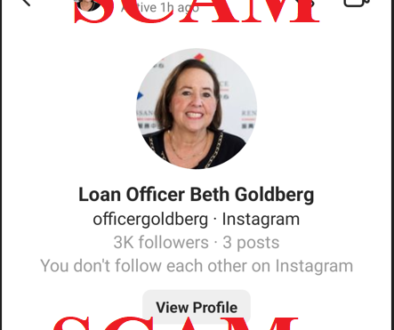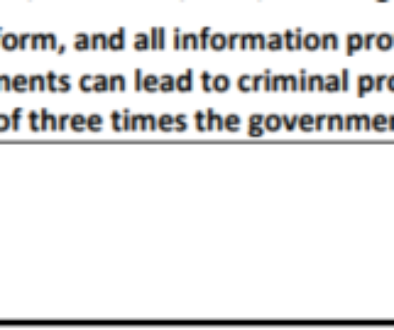For many businesses, the ultimate goal is to sell the business. Can you picture it? Walk away from the daily stress and aggravation with a fat pile of cash. Hop a plane to [INSERT TROPICAL DESTINATION HERE], and spend the rest of your days lounging a white sandy beach, sipping pina coladas out of a coconut, without a care in the world.
Well, friends, the above scenario is the ideal scenario. I like sipping cold drinks on a beach as much as the next guy, and I hope that happens for you. But if you clicked on this article, you may be looking at a much different scenario.
And that’s what this article is going to cover: the less-than-ideal scenario.
I spend my days helping borrowers who can’t repay their SBA loans, but this advice is applicable to many types of small business loans. So let’s set the table with an example:
When you bought your widget business, you took a loan from XYZ Bank for $400,000. 3 years later, you’ve had enough, and decide to sell. To your disappointment, your business broker can only elicit offers for $200,000, and you’ve only paid your SBA loan from XYZ Bank down to $350,000. Crap. Now what?
The good news is that all is not lost. But owing more than you can sell the business for does make it more complicated. Let’s run through exactly why that is.
Your Bank Likely Has A Security Interest In Business Assets

Remember when you took your business loan and signed that huge stack of papers? One of them was likely a security agreement. In that agreement, the bank took a security interest in all the business assets. Furniture, fixtures, equipment, inventory, intangibles, etc.
The basic idea of the security agreement is that it’s the bank collateral. If you close the business, the bank has the right to sell the equipment to recover their money. The bank also has the right to keep their security interest intact until the loan get repaid in full.
So if the bank gets to keep their security interest on your assets until they get paid in full, how does one sell their business for less than what’s owed? It’s simple: you need to get the banks permission.
This is an important point to stress. Ignoring it could be disastrous. I’ve gotten lots of calls over the years from business owners who sold their business without getting bank permission. In addition to jeopardizing any chance to settle, selling the assets that are pledged is could be viewed as a fraudulent conveyance. In a situation like that, the bank could seek to repossess the assets from the buyer, and obviously cause you a huge problem. Double it if you pocketed the sales proceeds or used them to pay other creditors.
The bottom line: if the sale price won’t cover the entire loan balance, you need to get your banks permission.
Buyers Will Require Clean Title To The Assets

Selling a business is similar to selling a home in many ways. When you sold your house, your buyer (or their attorney or title company) made sure that they took “clean title” to the property. This means that there are no liens or encumbrances other than the mortgage you take to purchase the home.
In order words, the BUYER requires that the assets come to them free and clear. And guess what? Same deal when it comes to business assets. The reason why this matters is that a buyer only wants the asset, not the accompanying liability. The last thing a restaurant owner would want is to pay $1000 for a commercial pizza oven, only to learn it has a $350K lien against it.
Selling The Business Without Bank Permission Can Kill A Settlement

When a buyer seeks to “short sell” their business, the bank immediately asks: “how are you going to repay the remaining balance?”. That’s where the settlement comes in, or in SBA terms, Offer In Compromise.
But here’s the thing. In order to settle an SBA loan, the SBA specifically states that there must be no fraud or misrepresentation. Selling assets that your bank has a security interest in can surely be interpreted as fraud or misrepresentation. Your bank won’t like it, the SBA won’t like, and your buyer won’t like it.
Since the end goal is walk away with no further liability, you’re best bet is do everything by the book. That means submitting any offer to the bank once you have one, and ensuring that all the funds from the sale are transferred to the bank in the matter they see fit. Some banks are fine with you getting paid directly, then sending a check to them. Other banks want checks made out to them directly to avoid any chance of the funds going anywhere but to them. If you are unsure, ask! Always err on the side of caution.
Conclusion
Yes, it’s possible to sell your business for less than you owe to your small business lender. If you find yourself in this situation be sure to clear any sale of business assets that is not part of normal operations with your lender first. Assuming there is a deficiency that you can’t afford to repay, you’ll want to consider an Offer In Compromise (i.e. a settlement). If your lender thinks you tried to pull some shady maneuvers, that will make the settlement process considerably harder.


